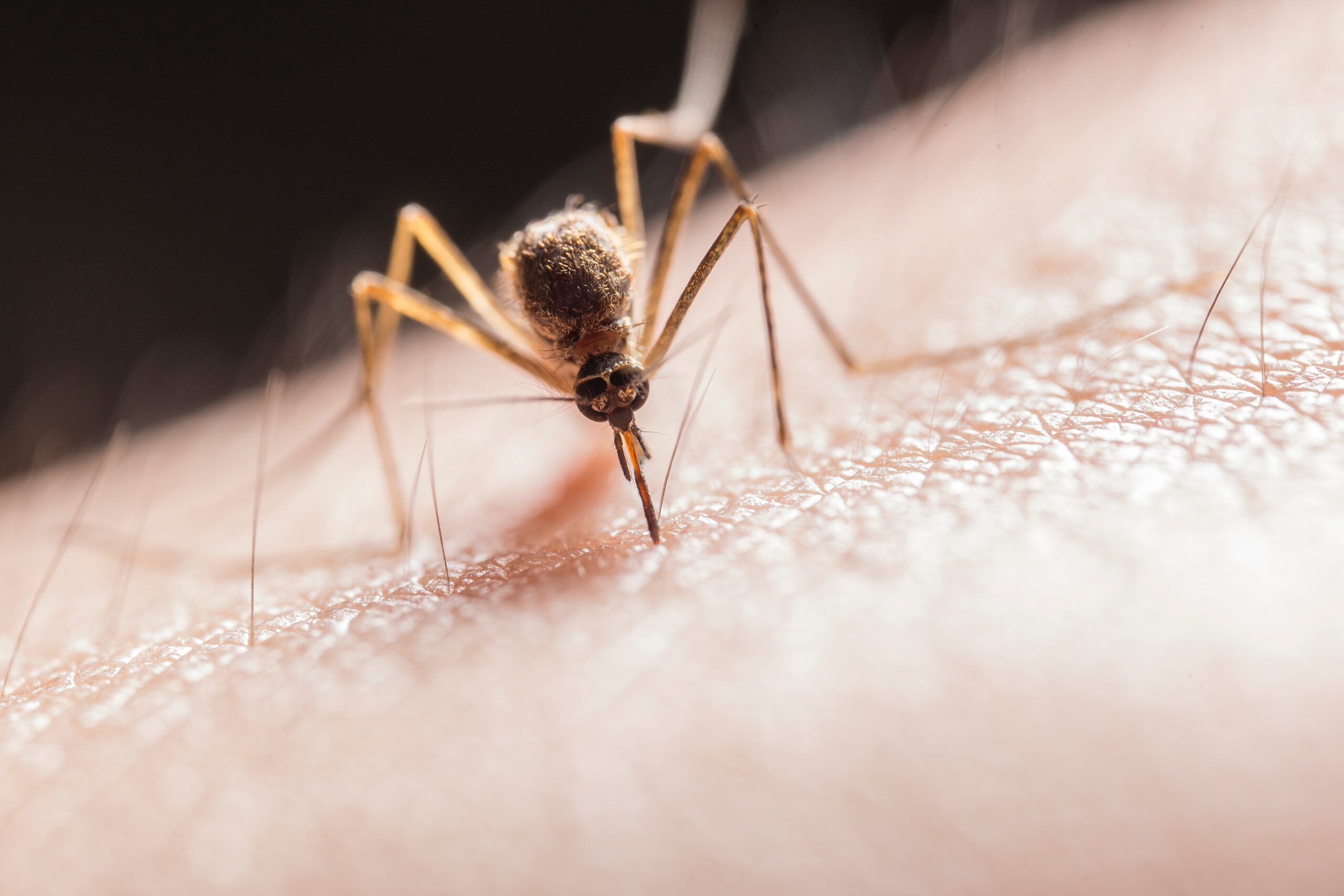All you should know about Malaria
Uploaded on: 23 August 2023

What cause Malaria? Malaria is a mosquito-borne irresistible illness brought about by the Plasmodium parasite. The side effects of malaria fever can differ contingent upon the seriousness of the disease and the types of Plasmodium included.
Symptoms
- Fever: Fever is much of the time the first and most noticeable symptom of Malaria. It tends to be discontinuous, with times of high fever followed by perspiring and afterward a getting back to typical temperature.
- Chills: Chills are typically joined by fever and can be very serious. Patients frequently experience shuddering and a sensation of chilliness.
- Sweating: Sweating is another common symptom and typically follows the fever and chills. The body temperature drops during this phase, and the person may experience profuse sweating.
- Headache: Malaria often causes extreme headaches, which can be debilitating for the patient.
- Muscle and Joint Pain: Patients with malaria frequently complain of muscle and joint pain, which can be generalized or localized.
- Fatigue: Malaria can cause extreme fatigue and weakness, making it hard for people to do their everyday activities.
- Nausea and Vomiting: Many malaria patients experience nausea and vomiting, which can contribute to dehydration.
- Anemia: Malaria can lead to a reduction in red blood cells, causing anemia. This can result in pale skin, weakness, and fatigue.
- Enlarged Spleen and Liver: In some cases, the spleen and liver can become enlarged due to the infection.
- Cough and Respiratory Symptoms: While less common, some forms of severe malaria can lead to respiratory distress, coughing, and difficulty breathing.
Prevention
- Sleep under a net: Bed nets, particularly those treated with insecticides, such as permethrin, help prevent mosquito bites while you are sleeping.
- Pregnant Women and Children: Special attention should be given to pregnant women and young children, as they are more vulnerable to severe complications from malaria. Pregnant women should receive proper antenatal care and use bed nets, and children should be protected through preventive measures like ITNs.
- Cover your skin: Wear pants and long-sleeved shirts. Tuck in your shirt, and tuck pant legs into socks.
When to see a Doctor
Visit your doctor if you experience a fever while living in or in the wake of travelling out to a high-risk malaria region. Assuming you have extreme side effects, look for crisis clinical consideration.
